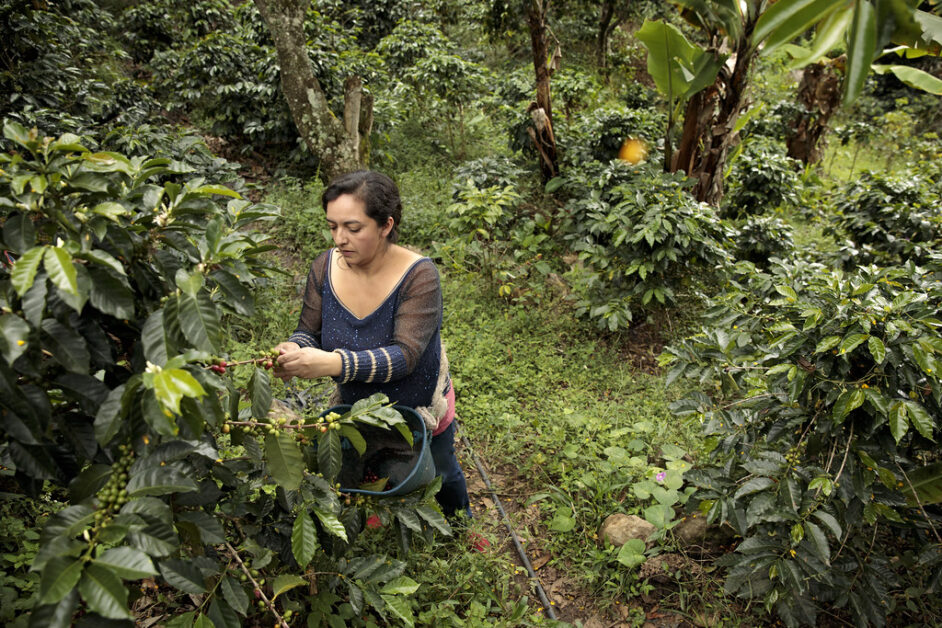Historically thought of as a masculine environment, agriculture has diversified itself and seeks to include women in its constant process of reinvention and progress.
In a significant step towards narrowing the digital gender gap, the Inter-American Institute for Cooperation on Agriculture (IICA) has recently announced that a hundred women from rural areas in Costa Rica have undergone training in digital and geospatial technologies applied to agriculture and water resource management.
The initiative, known as the Women’s Rally for Geospatial Technologies, aims to empower women associated with the agri-food sector by enhancing their technological, digital, geospatial, and innovative capabilities. Additionally, the program focuses on strengthening skills related to growth, resilience, and professional empowerment in a wider sense.

As the agricultural sector in Costa Rica continues its constant transformation process, topics such as the inclusion of women have become integral to the new avenues of progress and development. Participants of this initiative gained access to services such as the GEOGloWS streamflow prediction, a global hydrological model providing daily updated forecasts and access to over 40 years of historical streamflow data. They also utilized Climate Trends, which allows access and comparison of data from global models for different variables such as precipitation and soil moisture.
The call for participation, issued by IICA, brought together women starting from the age of 14, including professionals from associations such as Edunámica, the College of Agronomist Engineers of Costa Rica, the College of Professionals in Geography of Costa Rica, and the National System of Conservation Areas (SINAC-MINAE). In the closing session, participants shared the projects generated through the knowledge gained during the event.
Historically, agriculture in Costa Rica has been one of the country’s main economic thrusts and still maintains itself as the main income source for many rural communities nationwide. Initiatives like this aim to narrow the educational gap that tends to permeate settlements beyond the Great Metropolitan Area and provide them with the tools to better integrate the ever-flowing needs of this industry, and be up to date with the newest ideas in terms of sustainable development.

